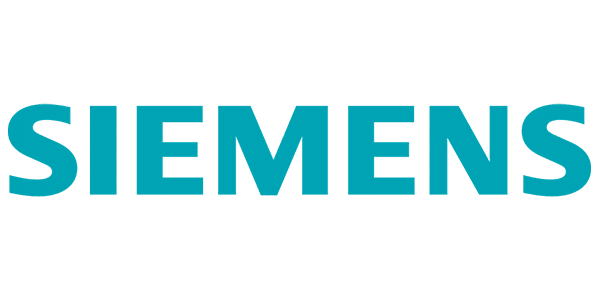Technological advances are transforming how businesses manage their supply chains. Innovative companies continuously look for ways they can streamline or enhance their supply chain logistics, working to find significant cost, service, and quality improvements.
Because supply chain management affects many parts of a company’s performance – from warehousing and distribution efficiency to the speed of delivery to customers – new technology has the potential to deliver long-term business benefits. These emerging tech trends are influencing supply chain management across industries.
Integrated Technology
Real-time visibility makes supply chain management more accurate and efficient. Cloud-based solutions now provide instant access to warehousing, distribution, transportation, and operational staffing information from anywhere in the world. Due to these new technologies, it’s harder to distinguish between logistics and technology providers. The two categories are increasingly connected, and successful 3PL companies are using this opportunity to offer integrated applications that track and measure cost, service, and quality results.
Blockchain
Blockchain is a disruptive technology that is a natural fit for supply chain management. Supply chains are naturally inefficient because organizations are often working with incomplete or inaccurate data, leading to delays, inefficiencies, and lack of transparency.
Blockchain is valuable because, as a decentralized and secure digital ledger, it is automatically updated with the most recent version whenever a new block is added to the chain. Blockchain technology can be applied to inventories, orders, payments, and other agreements – ensuring that users across multiple devices have access to the same up-to-date information.
The Industrial Internet of Things
The Industrial Internet of Things (IIOT), which refers to the vast number of electronic devices that can transmit data wirelessly within the industrial sector, is expanding its reach within supply chain operations. IIoT devices, such as tracking sensors in transportation management, can boost productivity and labor efficiency. New technologies will lead to improvements in warehouse operations, shipping and packing accuracy, and overall accountability and visibility.
Artificial Intelligence
Technologies driven by Artificial Intelligence (AI) and robotics are automating processes that were previously managed by employees. Automated and AI tech is not making human labor obsolete; on the contrary, it is taking responsibility for tedious manual tasks and giving employees more time to spend on complex analytical and decision-making tasks.
In a study from the Boston Consulting Group and MIT Sloan Management Review, 70% of respondents said they are looking forward to turning over more mundane, repetitive parts of their jobs to AI. And 75% stated that AI will allow them to move into new businesses and ventures.
Learn more about how changing technologies are affecting supply chains. Download our guide, 10 Chains Transforming Supply Chain Management.













